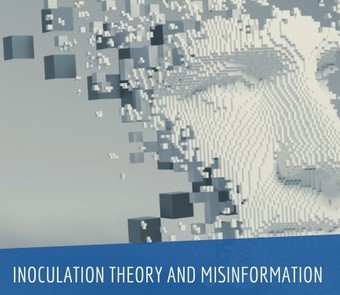Inoculation Theory and Misinformation
Inoculation Theory and Misinformation
Author(s): Jon Roozenbeek, Sander van der Linden
Subject(s): Media studies, Politics and communication, Health and medicine and law, ICT Information and Communications Technologies
Published by: NATO Strategic Communications Centre of Excellence
Keywords: Inoculation theory; Misinformation; continued influence effect; prebunking; Inoculation Games;
Summary/Abstract: The spread of false and misleading information both online and offline poses a threat to the wellbeing of individuals, democratic institutions, and societies around the world (1, 2). The harmful consequences of the spread of false and/ or misleading information can be seen in the proliferation of anti-vax groups on Facebook (3, 4), lack of confidence in the science of climate change (5), acts of vandalism committed on the basis of false conspiracy theories about COVID-19 (6, 7), and its influence on the exacerbation of radicalisation and polarisation (8, 9). However, a lack of consensus with respect to what constitutes “misinformation” (for example: focusing exclusively on false information is problematic because truth value can be difficult to determine objectively, and misleading and/or hyperpartisan content may significantly outweigh “fake news”, see 10) and disagreement about the efficacy of various efforts to mitigate the spread of misinformation through algorithms, legislation, or content moderation means that no single intervention is likely to be sufficient (11, 12). In this report, we explore the role that psychology and behavioural science can play in the mitigation of online misinformation. To do so, we first discuss how to define “misinformation”, and how it relates to various other commonly used terms such as “disinformation” and “fake news”.
- E-ISBN-13: 978-9934-564-49-9
- Print-ISBN-13: 978-9934-564-44-4
- Page Count: 22
- Publication Year: 2021
- Language: English
- eBook-PDF
- Introduction

